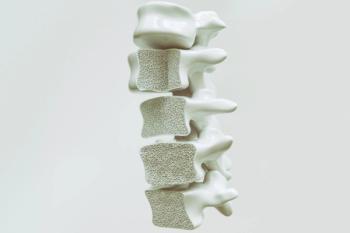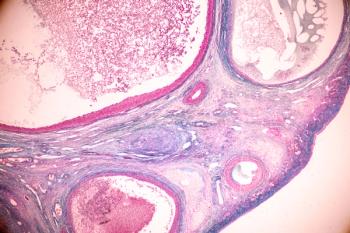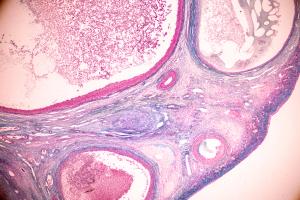
What the obstetrician-gynecologist should know

Nanette Santoro, MD is professor and E. Stewart Taylor Chair of Obstetrics & Gynecology at the University of Colorado School of Medicine in Aurora, Colo.

What the obstetrician-gynecologist should know

The challenge of diagnosis occurs in distinguishing “normal” from “abnormal” in a time of rapid and dynamic change.

The compounded bioidentical hormone industry needs major changes in oversight to keep consumers safe.

Hormonal therapy is not without controversy but it is still one of the most effective treatments for patients with symptoms.

As patients are exposed to more and more misinformation, ob/gyns have a responsibility to not just treat but also educate.

GSM can be clinically detected in up to 90% of postmenopausal women undergoing evaluation but only one-third report vulvovaginal symptoms when surveyed.

The USPSTF recommends diabetes screening as part of a cardiovascular risk assessment in asymptomatic adults who are overweight or obese and aged between 40 and 70.

Ob/gyns play a major role in diabetes management and should know how to properly diagnose the condition.

Ob/gyns play a pivotal role in diabetes management due to the condition’s increasing prevalence in women and its potential effects on overall and reproductive health.

How many times has a patient said, "Oh, by the way, doctor..." just as you're leaving the exam room? This column will help you quickly triage those seemingly offhand yet clinically significant encounters.

Published: February 11th 2021 | Updated:

Published: October 1st 2006 | Updated:

Published: December 10th 2018 | Updated:

Published: July 14th 2019 | Updated:

Published: July 19th 2019 | Updated:

Published: July 26th 2019 | Updated: